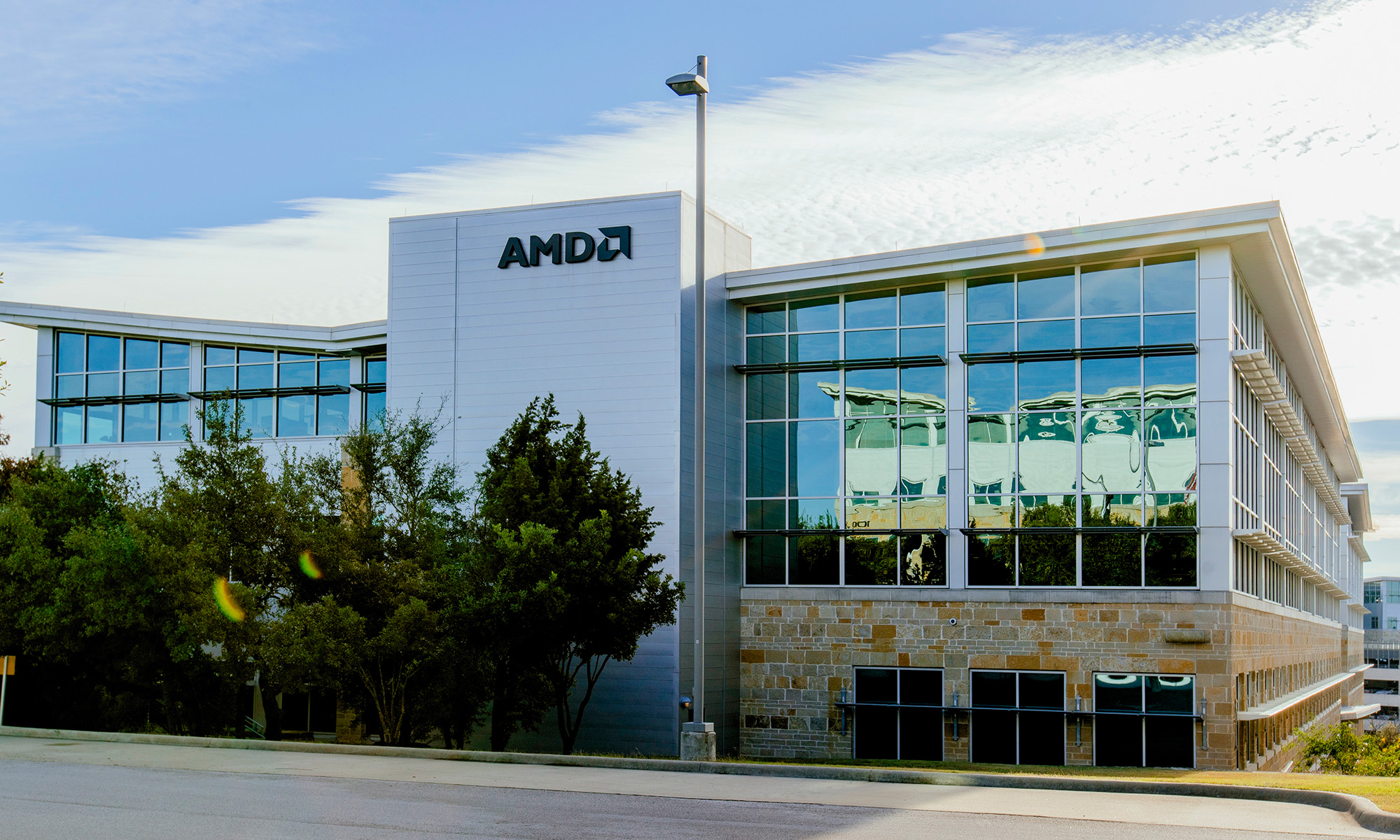Despite the stock market practically tripling its historical average returns in 2017, it was cryptocurrencies that stole center stage. After beginning the year with a cumulative valuation of less than $18 billion, digital currencies roared higher by almost $600 billion by year's end, leading to an increase of more than 3,300%. This might very well be the greatest year for any asset class we'll witness in our lifetime.
At the center of it all is bitcoin, the world's most valuable cryptocurrency by market cap and the virtual token most likely to be accepted by merchants worldwide. Even though bitcoin delivered a rather "pedestrian" gain of close to 1,400% in 2017, its aggregate gain since it first began trading in March 2010 is off the charts. When first listed, bitcoin could be purchased for $0.003. Recently, it traded north of $10,000 per token.

Image source: Getty Images.
Surprise! Most bitcoin stocks have no tie-in with bitcoin
Yet, for all the buzz bitcoin has received over the years, not all investors, including institutional investors, feel comfortable with the idea of purchasing bitcoin on a decentralized exchange. Most would prefer to be able to buy equities on reputable exchanges like the NYSE or through well-known brokerage firms. Therefore, investors have a keen eye out for any publicly traded company that might have a tie-in with bitcoin.
However, truth be told, most "bitcoin stocks" don't have much of anything to do with bitcoin -- at least not anymore.
NVIDIA and Advanced Micro Devices
Arguably the biggest misconception is that graphics processing unit developers and manufacturers NVIDIA (NVDA 2.84%) and Advanced Micro Device (AMD 1.75%) -- better known as AMD -- are intricately tied to bitcoin through cryptocurrency mining.
"Mining" is where people or businesses use high-powered computers, often powered by graphics processing units (GPU), to solve complex mathematical equations and, in the process, validate transactions processed over a blockchain. In plainer English, these groups of people or businesses compete with each other to solve these equations, which are a result of security-based encryptions, to make sure the same virtual coin isn't spent twice. The first person or business to do so for a block of transactions receives a reward (usually paid in crypto tokens). This is why GPUs are viewed as integral to mining operations and profitability.

Image source: Getty Images.
Back in bitcoin's early days, GPUs from NVIDIA and AMD were indeed used to mine bitcoin. However, bitcoin's algorithms have long been changed, which has increased the difficulty and cost in mining bitcoin. GPUs from NVIDIA and AMD are no longer sufficient to mine bitcoin. Instead, specialty ASIC (application-specific integrated circuit) chips designed for bitcoin mining are needed.
Now, this isn't to say that NVIDIA and AMD aren't playing a role in the cryptocurrency market. Most virtual currencies not named bitcoin that run on the proof-of-work model (i.e., allow mining) can be powered by NVIDIA's GeForce and AMD's Radeon GPUs. In fact, both companies have suggested that they're seeing a notable bump higher in sales as a result of cryptocurrency mining. But make no mistake about it, NVIDIA and AMD have nothing to do directly with bitcoin anymore.
First Bitcoin Capital Corp.
Another common issue that has arisen since bitcoin ascended to the heavens is that start-ups have begun changing their company name to include "bitcoin," even if their businesses have virtually nothing to do with the world's most valuable coin by market cap. First Bitcoin Capital Corp. (BITCF +0.00%) is one such company.
According to filings with the Securities and Exchange Commission (SEC), First Bitcoin Capital has changed its name, business focus, or country of incorporation five times over the past 13 years. Essentially, management has been chasing the latest hot trend or the most attractive tax opportunity rather than focusing on truly profitable long-term ventures.

Image source: Getty Images.
At the end of August, the SEC suspended trading of First Bitcoin Capital's shares due to "concerns regarding the accuracy and adequacy of publicly available information about the company, including, among other things, the value of BITCF's assets and capital structure." Just a few months later, a proposed cryptocurrency dividend from First Bitcoin Capital wound up being halted by the SEC.
And, as the icing on the cake, First Bitcoin Capital's business focus is on bringing new digital tokens to market and developing proprietary a blockchain -- nothing that specifically has any tie-ins with bitcoin.
Xunlei Limited
Even China-based Xunlei Limited (XNET 3.88%) has been lumped in as a "bitcoin stock," even though it has virtually no tie-ins to bitcoin.
Xunlei's share price exploded higher this past fall after the company introduced its Wanke coin mining cryptocurrency project on Oct. 12. The coin-mining project operated "similarly" to bitcoin, which is why miners gobbled up mining equipment capable of mining the Wanke coin shortly after this announcement. Though the proof-of-work model used is similar to bitcoin, it's also similar to a lot of other virtual currencies out there. Comparing this mining project to bitcoin was akin to comparing football and soccer. They're both sports, but their similarities end there.

Image source: Getty Images.
Shortly after announcing its Wanke coin mining project, the company ran into issues. In case you're unaware, China has taken a rather tough stance on cryptocurrencies, with the nation banning initial coin offerings, shuttering cryptocurrency exchanges, and even throttling electricity being used at mining farms. The company reported in early November that the five platforms its Wanke coin had been trading on were suspended.
Nowadays, the company's newsfeed is plastered with pending and potential shareholder lawsuits, and this once highflier is completely worth avoiding.









